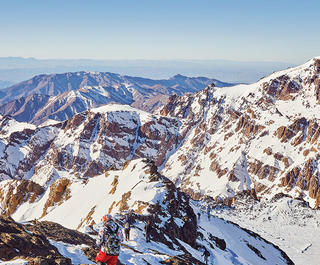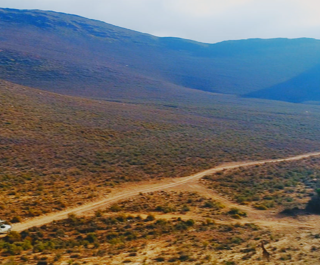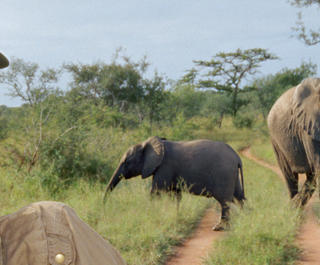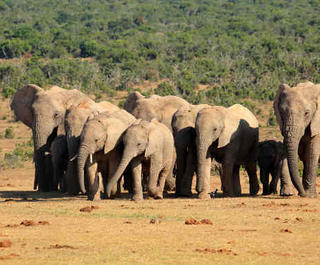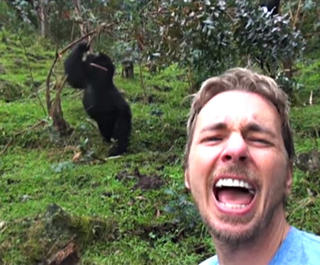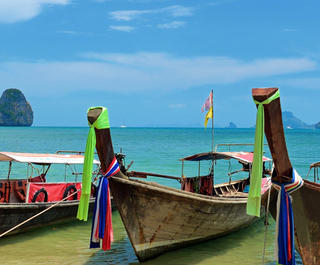
If the world is a classroom, a safari in Africa is the ultimate educational field trip. The opportunity to spot fascinating animals in the wild, immerse yourself in diverse landscapes, and learn about captivating cultures and conservation make a lasting impression. Wildlife spotting in their natural habitat is all about patience, so it’s also a great chance to slow down and take it all in.
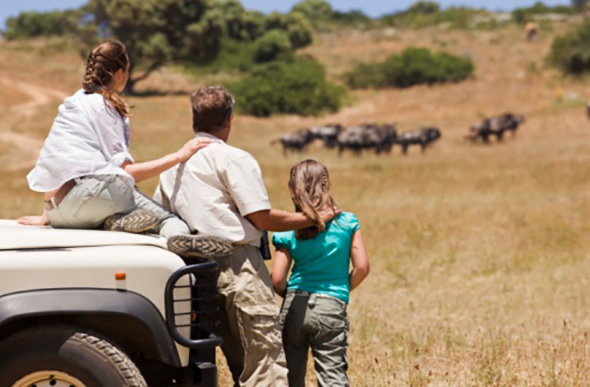 A safari is one experience you'll want to share as a family. (Image: Getty)
A safari is one experience you'll want to share as a family. (Image: Getty)A self-drive safari is one way to go, but going on a guided walk or open-air game drive will allow you all to take a back seat and really enjoy the safari experience. It takes a few hours to develop your ‘bush eyes’, plus a ranger has the spotting practice to show you so much more, complemented by their expert commentary.
Make your safari a family affair – a multi-generational trip is a great way to bond with extended family on a bucket-list experience. Some camps will accept infants and toddlers, although kids aged eight years and up will likely get the most out of the game drives and engage more with their surrounds, guides and locals. Intrepid offers dedicated family safaris in South Africa, hosting children with a minimum age of 11 years when accompanied by an adult.
While such a big adventure may seem daunting, careful planning, the know-how and security of a reputable tour company (such as Intrepid Travel), and the expertise of your consultant will make your family safari as easy as ABC.
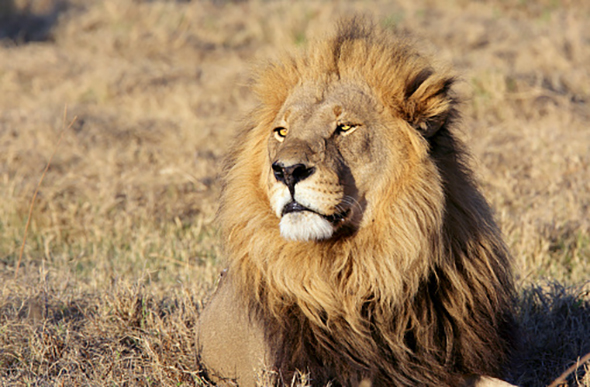 The lion is number one on the Big Five wildlife-spotting wish list. (Image: Getty)
The lion is number one on the Big Five wildlife-spotting wish list. (Image: Getty)Getting there
Home to the Big Five (lions, elephants, buffalo, leopards and rhinoceros), South Africa is the ideal safari destination with experiences in all provinces and direct flights from most Australia capitals to Johannesburg. Charter flights can be arranged from Johannesburg to national parks and private reserves, depending on your tour operator or where you opt to stay.
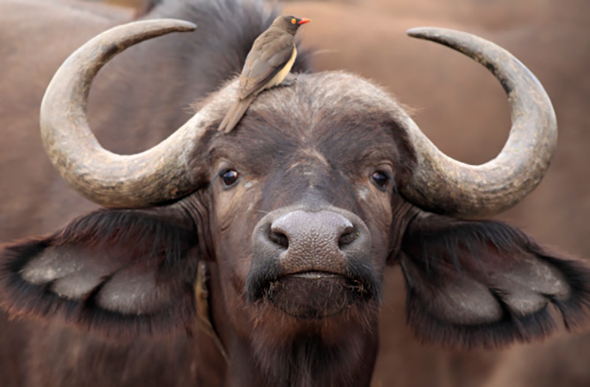 The real buffalo stance. (Image: Getty)
The real buffalo stance. (Image: Getty)When to go
Late winter (August) and early spring (September to October) are particularly good for wildlife spotting. With the grass still low from the dry winter months and fewer waterholes around, this makes the Big Five easier to spot. Spring also ushers in the rain so the landscape is lush and green. While there are no guarantees in the wild, give yourself a minimum of three days for the best chance to view the wildlife.
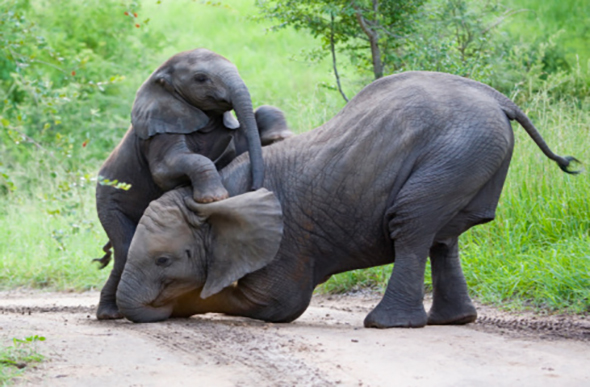 African elephants – just awwwww-inspiring! (Image: Getty)
African elephants – just awwwww-inspiring! (Image: Getty)Where to stay
The best-known safari destination in South Africa is Kruger National Park in Mpumalanga and Limpopo provinces, where you can spot the Big Five on guided walks or drives through the bushveld. The neighbouring Sabi Sand (which has the highest density of leopards in the world), Timabvari and Klaserie private reserves also offer lodge accommodation and wildlife watching.
Not all private camps accommodate children, so it's a good idea to check first and look for properties with family rooms, interconnecting rooms or villas that allow for family groups. Intrepid provides camping accommodation on its safari tours that include sleeping under the night sky to the sound of savannah animals. Many lodges and camps in Kruger National Park have onsite amenities such as a pool, and guided tours also offer activities for kids that may include guided hikes, cultural Zulu village visits and hands-on junior ranger programs.
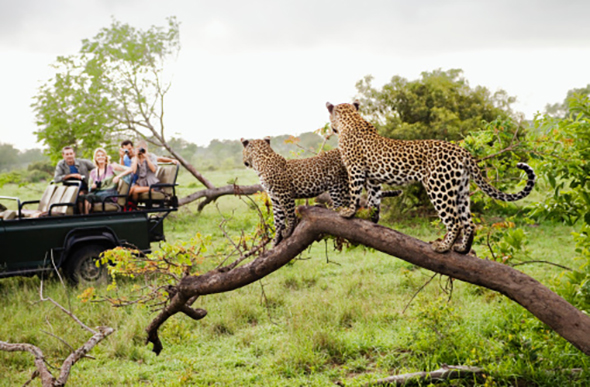 Don't cheetah (sorry!) yourself out of seeing leopards in the wild. (Image: Getty)
Don't cheetah (sorry!) yourself out of seeing leopards in the wild. (Image: Getty)Travel Expert tips:
- Make sure you have comprehensive international travel insurance before you fly. Your consultant can ensure you have the correct cover for South Africa and any safari activities.
- See your GP for a general check-up at least eight weeks before you go. Malaria is common in Kruger National Park, although many reserves in South Africa are malaria-free.
- Note that new immigration laws for minors travelling to and from South Africa came into effect on June 1, 2015. Parents or guardians are required to carry, and produce on request, a full birth certificate as well as a valid passport for children under the age of 18. To see how the regulations may affect your travel, chat to your consultant or refer to the Department of Foreign Affairs & Trade website.
- Think about how your kids will cope with a long flight and early morning starts. Check with your consultant to see if your tour operator offers flexible daily schedules to allow for sleep-ins or different meal times.
- Pack insect repellent, sunscreen and a hat. For night drives, a jacket is recommended, while for day, dress in lightweight loose clothing in bush colours of khaki and olive green and bring bottled water. Don’t forget your camera and a pair of binoculars for wildlife spotting!
.........................................................................................................................................................
Visit your local Flight Centre store or call 131 600 for more advice and the latest deals on travelling to South Africa.
.........................................................................................................................................................


